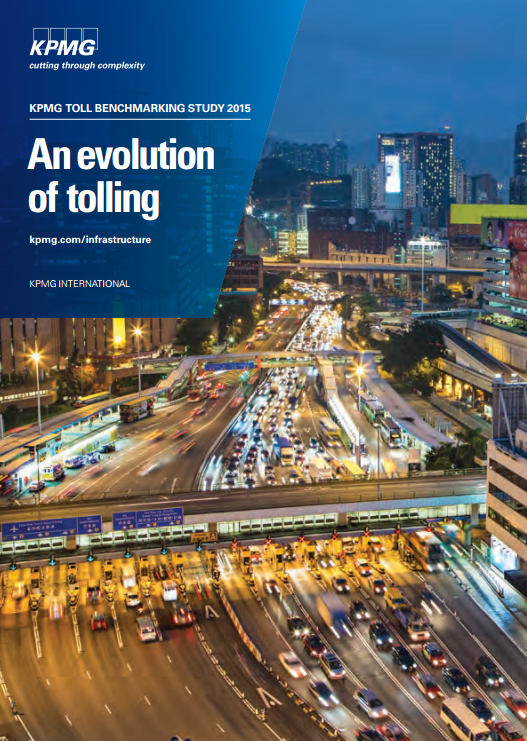725 results found
Featured results



More results

This is a summary of policies and procedures governing procurement and selection of consultants in Bank-financed projects.



This Public-Private Partnership (PPP) Handbook is designed for the staff of the Asian Development Bank (ADB) and its developing member countries' clients.



The report identifies and explores six critical success factors that governments should be aware of and seriously consider when preparing an infrastructure project to be delivered as a Public-Private Partnership.






This toolkit outlines a spectrum of tools that can help the countries navigate the evolving architecture of climate finance and seize opportunities for accessing finance for adaptation.



By delivering efficient, cost-effective and innovative maintenance services, well-designed output and performance-based road maintenance contracts can help maintain road assets and achieve value-for-money.






The efficiency of toll roads is important. Not just for tolling operators, but also for governments, investors and the driving public.



The Port Reform Toolkit is aimed to provide policymakers and practitioners with effective decision support in undertaking sustainable and well-considered reforms of public institutions that provide, direct, and regulate port services in developing countries.



The core principle behind the PPP is the creation of a contractual bubble – a framework of contracts.



This forum is a unique platform to catalyze partnerships that can rapidly bring to scale green growth opportunities bringing together governments from developed, developing and emerging economies along with the private sector.



Thanks to the Internet of Things (IoT), physical assets are turning into participants in real-time global digital markets.



This tool presented here in an Excel format was designed to evaluate the fulfillment of good corporate governance practices in primarily state owned water and sanitation companies in the region.


The Toolkit is a reference guide for public authorities in developing countries for the development of PPP programs in the highways sector, particularly in assisting in PPP policy development, project preparation and the sourcing and more.


This book proposes a synthesis of several of the works carried out for the research program, as well as a comparison with other works treating a similar problem.


The Global Infrastructure Hub is today launching its new online tool, InfraCompass, to guide governments on how to create the best conditions for infrastructure delivery. Find the tool at: infracompass.gihub.org
As part of its leading practices mandate, the GI Hub is developing a set of annotated risk allocation matrices for PPP transactions, in a variety of sectors.
The OECD Recommendation on Public Integrity provides policy makers with a vision for a public integrity strategy.

The GI Hub has signed a MoU with the Global Infrastructure Connectivity Alliance (GICA). GICA, which was launched by the G20, aims to enhance cooperation and synergies of existing and future global infrastructure and trade facilitation programs seeking to improve connectivity within, between and among countries.

The purpose of the present publication, “Towards better infrastructure products: a survey of investor’s perceptions and expectations of infrastructure investment”, is to conduct the first in-depth study of the perceived role by infrastructure assets for investors.






 Read PPP Handbook (Version 2)
Read PPP Handbook (Version 2)




